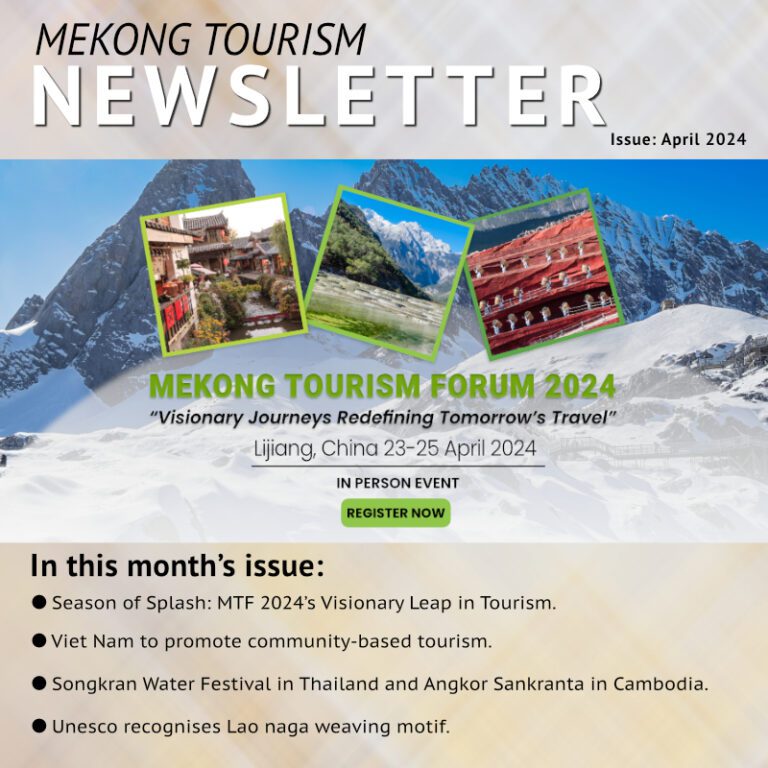
THAILAND shows its potential in becoming a hub of the home-sharing market in Southeast Asia, according to executives of travel company Agoda.
Agoda is part of Booking Holdings, the world’s largest travel company by market value.
Peter L Allen, managing director of the public affairs department, says the home-sharing economy has been growing exponentially all over the world and the travel company believes the growth will continue and have a positive impact on the Asean economy and communities.
He said a Nielsen survey found that 78 per cent of respondents across Asia-Pacific were willing to share or rent their own assets or services, and 81 per cent were willing to use products or services within the sharing economy.
“Travellers are increasingly looking for accommodation options that cater to their unique situations and needs, whether they are travelling in groups (including families with children), have specific dietary requirements, or are looking for customised experiences,” said Allen.
“Even business travel will contribute to the demand for home-sharing accommodation, as more travellers combine leisure activities and add excursions to their business trips,” he said.
Allen said that as one of the most popular travel destinations in the world, Thailand already has all the potential to become a hub for the home-sharing market in Asean. Thailand and its people are known for their hospitality and will make positive contributions to the thriving home rentals market, he added.
“The country is embracing this new trend and we also believe that the government would like to support this as well. All stakeholders will need to work together to gain the benefits,” he said.
Allen said that compared to the traditional rental services, home-sharing offers more choice of accommodation and price points for travellers, who vary in their requirements, needs and budgets.
From the hosts’ perspective, the home-sharing economy helps homeowners supplement their income and help pay for property upgrades and renovation, mortgage and rental costs, daily living expenses, children’s education and retirement savings, according to a press release from the company.
“Communities will also benefit from the home-sharing economy, as the increased foot traffic from short-term rentals supports local businesses and creates jobs as travellers spend money on food, drinks, shopping, local transportation and entertainment. Additional tax income generated from short-term rentals may be put towards civic programmes, from fire and police departments and welfare services to destination marketing support, education and local arts,” he added.
Allen said that the travel space is evolving quickly, which brings in constant new challenges and opportunities.
“Disruption is not always negative. If we look specifically at shared accommodations, they have the potential to expand the size of the travel market, spread the wealth by bringing revenue to hosts and local businesses, create new jobs and even increase sustainability,” he said.
“Challenges faced by the players in the hospitality industry within Thailand and around the world can be overcome through discussion and an understanding of what the benefits can be for all stakeholders. Regulators and legislators need to work together with hosts, guests and communities to find a mutually suitable solution, especially in popular tourist destinations such as Thailand,” said Allen.
Allen and Robert Rosenstein, the founder and chairman of online travel giant Agoda Company Pte Ltd, have co-authored “At Home Around the World: The Short-term Rentals Handbook for Guests, Hosts, Neighbors and Governments”.
The book cites policies, trends and data behind forecasts showing explosive industry growth. It presents data about the massive growth and positive economic impact of the home-sharing market around the world. They draw on research to discuss the rise in home-sharing and to argue for its value and benefits to homeowners, travellers and communities large and small.
“Through our conversations with regulators and neighbourhood advocates around the world, we realised that governments are struggling with how to understand and anticipate the role that home-sharing plays in their cities. As this relatively new industry has emerged, a patchwork of regulations has been created,” said Rosenstein.
Read the full article at The Nation: http://www.nationmultimedia.com/detail/Tourism/30360835





